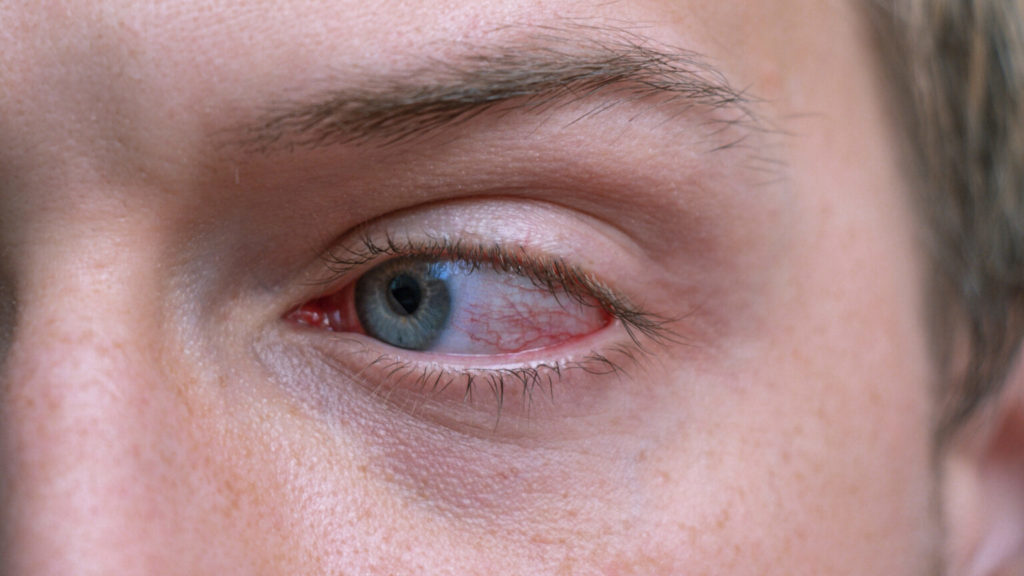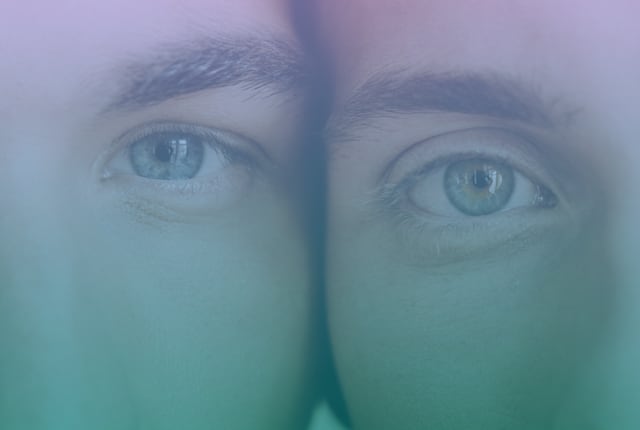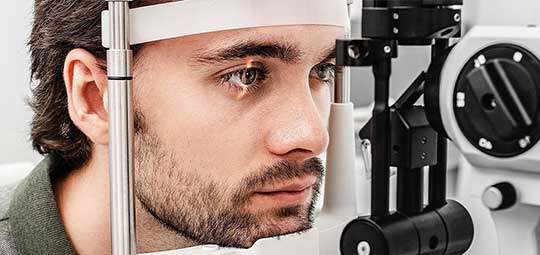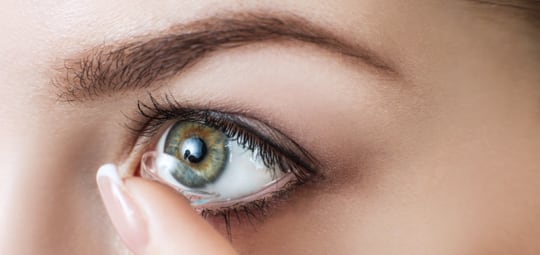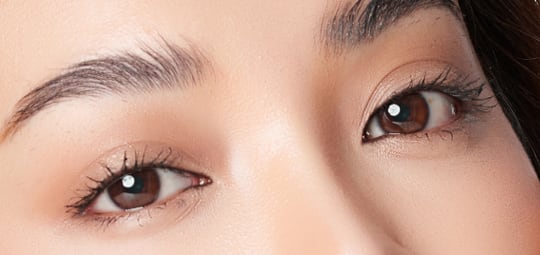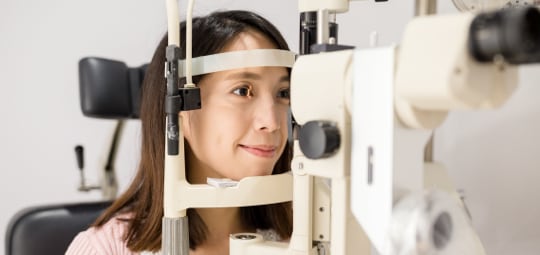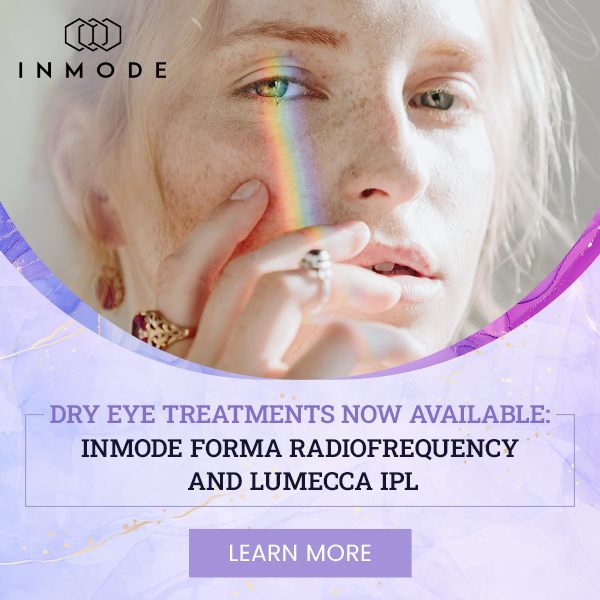The Sun UV Rays
UV, which stands for ultraviolet, is an EM radiation acronym. This ethereal type of light is contained in the sun’s rays. There are UVA, UVB, and UVC rays, which are three different types. In essence, the letter distinction indicates the light ray’s energy level and any possible effects it could have on our body.
Although UV photons are present all year round, the spring and summer are when they are most strong. It’s also crucial to realise that avoiding direct sun exposure is insufficient because these rays may reflect off of surfaces (such snow, sand, and water) and are still present on cloudy days.
UV rays are harmful because they may penetrate skin surfaces and cause long-term illnesses (most commonly: skin cancers). If adequate measures are not taken, it is particularly possible for eye cancer, cataracts, and yes, even eye sunburn (medically known as photokeratitis), to occur. Understanding how the sun’s rays affect the body is necessary to comprehend why eye protection in the summer is so important.
Eye Wear
Make careful to protect your eyes with the appropriate eyewear whether you’re for a bike ride, a walk, or starting a carpentry project in the garage. Your eyes can be protected from dust, debris, and the sun by using goggles, sports glasses, or other eye protection that is suitable for the activity you choose.
Ensure that you choose the appropriate safety eyewear for the task or activity, that the glasses are in excellent shape and free of cracks, and that they fit comfortably and remain in position.
Sunglasses shield your eyes from UV radiation and keep them covered. Sunglasses that offer sufficient protection may be purchased without breaking the budget, but be sure they say 100% UVA and UVB protection. Have a strategy for eye protection if you wear glasses, whether it be prescription sunglasses, transitioning to contacts, or thinking about a frame with transitional lenses.
Choose sunglasses with 100% UVA and UVB protection to increase your level of protection.
Get That Hat On
In addition to sunglasses, there are various ways to prevent UV radiation. Put on a hat to significantly limit your UV exposure and to shield your eyes and eyelids. Get a hat with a wide brim to shield your eyes and the skin around them.
Numerous eye disorders and diseases can be brought on by excessive sun exposure, such as age-related macular degeneration in individuals who don’t consume enough antioxidants in their diet, ocular melanoma, cataracts, and burnt eyes.
About 50% of UV radiation will be blocked by a wide-brimmed hat or cap. UV rays that enter the eyes from above or around eyewear can be reduced using a hat or cap with a brim. The best protection is provided by UV-absorbing eyewear.
Don’t Wear Your Contacts In The Pool
Contact lenses have the potential to trap germs, which then stay on your eyes and could lead to a corneal infection. At the lake, the ocean, or the pool, this risk is increased. Talk to us at Yonge and College ant preventative measures to take to prevent eye damage.
Go For Goggles When Swimming
Whether you’re a youngster or an adult, you should always wear swimming goggles when you’re in the water. Chlorine helps protect you from bacteria in the pool water, but it might hurt your eyes by dissolving the protective layer that your tears create. This is also a good preventative measure to take when you swim in the sea.
Using goggles will help you prevent swimmer’s eye, which presents as stinging, burning, itchy, or red eyes. If you don’t wear safety goggles when swimming, you might develop bacterial or chemical conjunctivitis.
Drink Water
Eyes might become dry, itchy, or watery as a result of warmer weather and flowering plants. If you have allergies or are prone to dry eyes, use eye drops to lubricate your eyes and aid in clearing them of pollen and other impurities. Maintaining proper hydration aids in the maintenance of healthy eyes.
Keep your lenses comfortable by cleaning them completely and changing them according to the timetable recommended by your eye doctor, especially if you wear contact lenses.
A Computer Screen
If hot days keep you indoors, be sure to give your eyes plenty of breaks from screen time—for both you and your children. Eye strain, headaches, impaired vision, and dry eye syndrome can all result from excessive screen use.
Clean Your Hands Regularly
The easiest approach to prevent catching infectious eye diseases like conjunctivitis is to frequently wash your hands. These can appear if you wipe your eyes after touching something contaminated.
Before removing or inserting your contacts, always wash your hands to prevent any complications.
A Good Diet
A good diet and vision health have been linked. Leafy greens and other vegetables include vitamins and antioxidants that assist keep you hydrated in addition to safeguarding your vision. Citrus fruits, bean products, fatty fish, nuts, and legumes are other foods that are good for your eyes (all of which are high in omega-3 fatty acids).
A balanced diet rich in a variety of nutrients will help you keep your weight and blood sugar levels in check as well as prevent diseases like type 2 diabetes and high blood pressure, both of which can impair your eyesight.
Set A Bedtime Routine
Longer days can occasionally result in less sleep, and insufficient sleep can make it difficult to focus on a range of tasks, including those that call for your visual attention (like driving). Rub your eyes when you’re drowsy to avoid irritating or introducing bacteria to your eyes. Tired eyes might also feel dry and itchy.
One additional piece of advice: Book an eye exam for this summer. Don’t wait any longer to have an eye checkup or to consult a doctor about an eye problem if you have one. Make an appointment with us right now.


